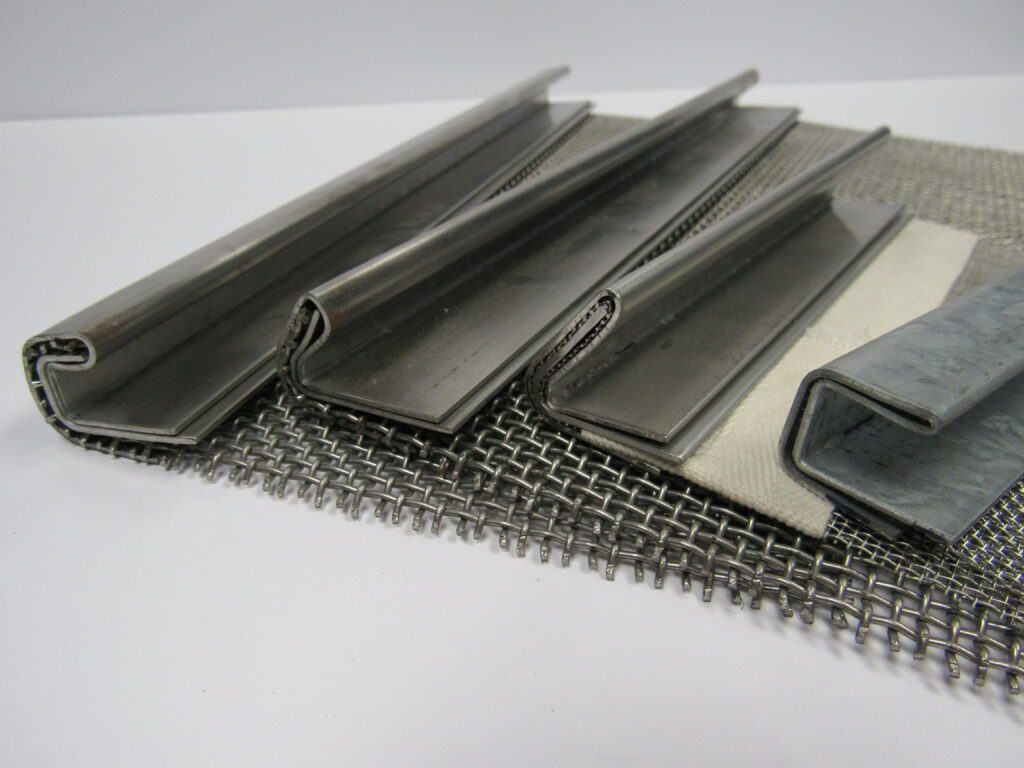
What is a Shaker Screen?
Shaker Screens (also known as Hooked Screens) are constructed with a hooked edge profile on wire cloth or wire mesh panel. They provide an essential function in the sizing, sifting, and grading process in various industries such as minerals, sand, and agriculture.
How Do Shaker Screens Work?
Shaker Screens work by vibrating the material to be screened. The vibration causes the material to move across the surface of the screen, separating one medium from another. This includes sizing larger items from smaller ones or solids control. The larger items are collected on the surface of the screen, while the smaller items pass through and are collected in a separate container.
A shaker screen is typically made up of several layers of mesh or wire cloth arranged in a series of decks, with each deck having a progressively finer mesh size. The screens are mounted on a vibrating frame that shakes the material, allowing, for example, a liquid to pass through in solids control equipment while the solids are retained on the screen surface.
Applications of Shaker Screens
Shaker Screens are used in a variety of industries, including:
- Minerals & Mining (i.e., shale shaker)
- Agriculture (i.e., shear pump)
- Waste Management (i.e., sludge vacuum pump)
- Water Treatment
- Oil & Gas (i.e., drilling operations, oil sludge treatment, solids control)
Shaker Screen FAQs
How much does a shaker screen cost?
The cost of a Shaker Screen varies depending on the mesh specification, size, and the hook materials required.
How long can the hooks be?
Our hook screens can be constructed in all standard widths with lengths up to 120” inches.
Can backing meshes be added?
Yes, an additional back layer can be added for additional stability.
What materials are the hooks made of?
Galvanized Steel Stainless Steel
How are the hooks made?
Flat galvanized or stainless steel is measured and then cut accordingly. These strips are then formed into a “U” channel over the mesh edge, pressed in place, and then finally bent to the proper hook profile.
What hook profiles are available for shaker / hooked screens?
Learn more about hook options here. Custom profiles and options are also available.
